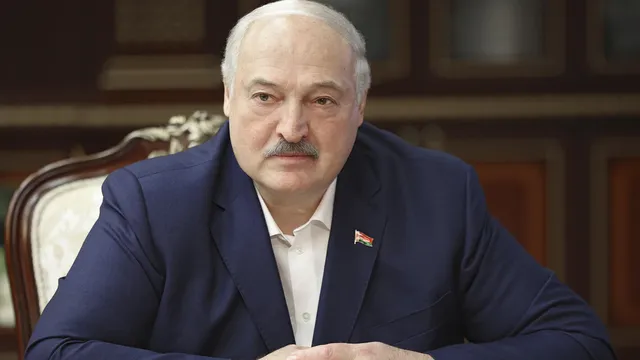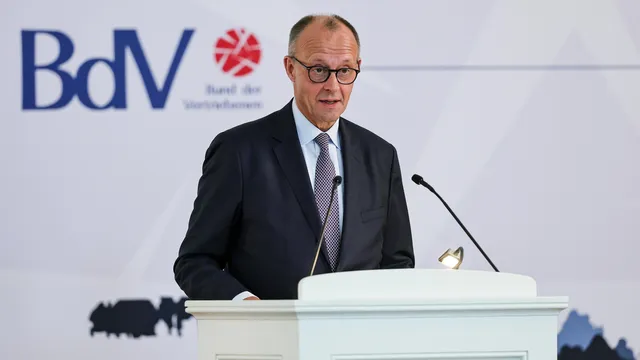European countries have unanimously approved a one-year extension, until March 2027, of the protection granted to Ukrainian refugees in the European Union (EU).
Ukrainians fleeing the conflict with Russia have enjoyed a unique status since 2022, allowing them to reside, work, and receive aid in the EU.
There are currently 4.3 million of them, mainly in Germany, Poland, and the Czech Republic.
"As long as Russia continues to terrorize Ukrainian civilians with indiscriminate airstrikes, the EU will continue to show solidarity with the Ukrainian people," said Polish Interior Minister Tomasz Siemoniak, whose country holds the EU Council presidency.
However, discussions have already begun in the 27 EU member states on "preparing a coordinated transition out of temporary protection" for Ukrainians, he added, quoted by AFP.
This involves legalizing the status of those who remain in the EU and preparing for the first returns to Ukraine when the situation allows.
This is because several countries are showing signs of impatience.
Poland, which has long been a staunch supporter of Kiev, is leading the way, but its new president, nationalist Karol Nawrocki, has promised to reduce privileges for Ukrainian refugees.
Or Germany, whose government is increasingly tightening its migration policy and considering cutting aid to Ukrainian refugees.
Beyond the situation in Ukraine, the European executive is under growing pressure to tighten its migration policy due to the rise of the right and far right across the EU.
The European Commission is moving methodically on these issues: in recent months, it has announced measures to speed up the expulsion of foreigners in an irregular situation and to restrict asylum options for citizens of certain countries. | BGNES

 Breaking news
Breaking news
 Europe
Europe
 Bulgaria
Bulgaria







